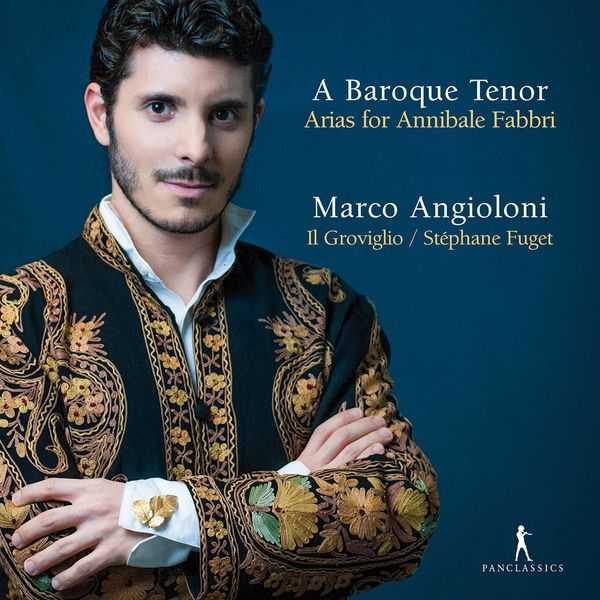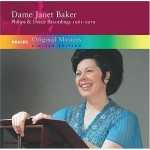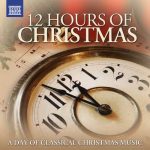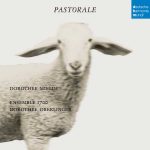
Composer: Antonio Caldara, George Frideric Handel, Alessandro Scarlatti, Antonio Vivaldi
Performer: Marco Angioloni, Michele Mignoni, Filippo Mineccia, Ensemble Il Groviglio
Conductor: Stéphane Fuget
Format: FLAC (tracks)
Label: Pan Classics
Catalogue: PC10437
Release: 2022
Size: 317 MB
Recovery: +3%
Scan: yes
Vivaldi: Arsilda, regina di Ponto, RV 700 (Excerpts)
01. La tiranna avversa sorte
02. Già che scoperto io son
03. La mia gloria ed il mio amore
04. Cessa tiranno amor
05. Pur t’abbraccio pur t’annodo
Scarlatti: Telemaco (Excerpts)
06. Io pavento il tradimento
07. Mio dolce nettare
Sarro: Didone abbandonata
08. Se dalle stelle tu non sei guida
Handel: Publio Cornelio Scipione, HWV 20 (Excerpts)
09. Act II Ouverture
Handel: Lotario, HWV 26 (Excerpts)
10. Son vinto, oh ciel!
11. Regno, grandezza, affanni e trono
Handel: Partenope, HWV 27 (Excerpts)
12. Act III Sinfonia
13. La speme ti consol
Handel: Publio Cornelio Scipione, HWV 20 (Excerpts)
14. Tra speranze, affetti e timore
15. Act III Sinfonia
Handel: Rinaldo, HWV 7b (Excerpts)
16. Mio cor che mi sai dir?
17. Siam prossimi al porto
Handel: Poro, re dell’Indie, HWV28
18. Torrente cresciuto per torbida piena
Caldara: Adriano in Siria
19. Leon piagato a morte
The 18th century was the great time of the castrati, they celebrated the greatest triumphs in opera. But gradually the tenor voice also gained more and more weight, until it finally dominated the great roles in bel canto. One of those who strongly influenced this development was Annibale Fabbri, known as “Balino”, whose voice would today be described as a “pure lyric tenor”. Because of the beauty of his voice and his incomparable stage presence, he achieved great fame and received invitations to all the great stages of Europe.
This album presents those roles that famous composers of the time such as Vivaldi, Scarlatti, Sarro, Handel or Caldara wrote for Fabbri, and at the same time follows the stations of Fabbri’s performances throughout Europe, from Rome, Naples and Venice to London and Vienna. Tenor Marco Angioloni and the ensemble Il Groviglio succeed in making an impressive plea for a long-neglected voice of baroque opera in the first third of the 18th century.



